Phil Zuckerman
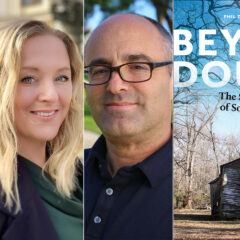
Book: The world is losing its religion. Revival is unlikely.
By Yonat Shimron — June 6, 2023
(RNS) — In ‘Beyond Doubt: The Secularization of Society,’ three sociologists lay out a theory that can be summed up in a simple phrase: Modernization creates problems for religion.
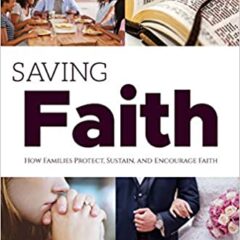
Controversial Mormon book pulled from publication
By Jana Riess — September 8, 2020
(RN) — Last month, the BYU Religious Studies Center halted publication of ‘Saving Faith’ because of author John Gee’s statements about homosexuality and child sexual abuse. But the book’s problems run even deeper.
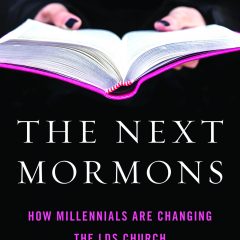
So Cal conference this weekend on Mormon Millennials
By Jana Riess — April 25, 2019
Scholars, journalists, and data crunchers are meeting in Claremont, CA on Saturday to discuss what's happening with Mormon Millennials.
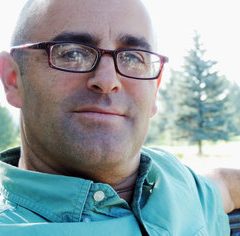
Welcome to ‘aweism,’ the nonreligious impulse you can’t explain
By Kimberly Winston — January 2, 2015
(RNS) "Secular people don’t believe in anything supernatural, but that doesn’t render us sterile souls," Phil Zuckerman said. "But because religion has constructed the language with which we describe existential wonder, it is almost like that is not our territory. But it most certainly is."

Richard Dawkins: Atheism’s asset or liability?
By Kimberly Winston — August 7, 2014
(RNS) "I don’t think (Dawkins) has done more harm than good to the atheist movement, but the balance has been shifting towards harm," atheist blogger Adam Lee said.

‘Secular safe zones’ offer campus shelter to atheist students
By Kimberly Winston — September 18, 2013
(RNS) The sticker on professor Robert Schmidt's door at Utah State University signals that his office is a ``Secular Safe Zone,'' open to students who are atheists, agnostics or just questioning their faith and in need of advice.
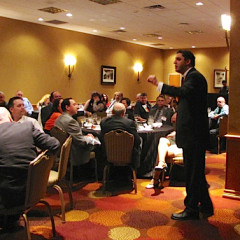
American Atheists wrestles with its cherished ‘grumpy’ image
By Kimberly Winston — March 29, 2013
AUSTIN, Texas (RNS) The annual Easter weekend convention of American Atheists is a delicate balancing act between the group’s image as the angry bulldog of secular organizations and its need to attract younger and less strident nonbelievers.
Page 1 of 1
